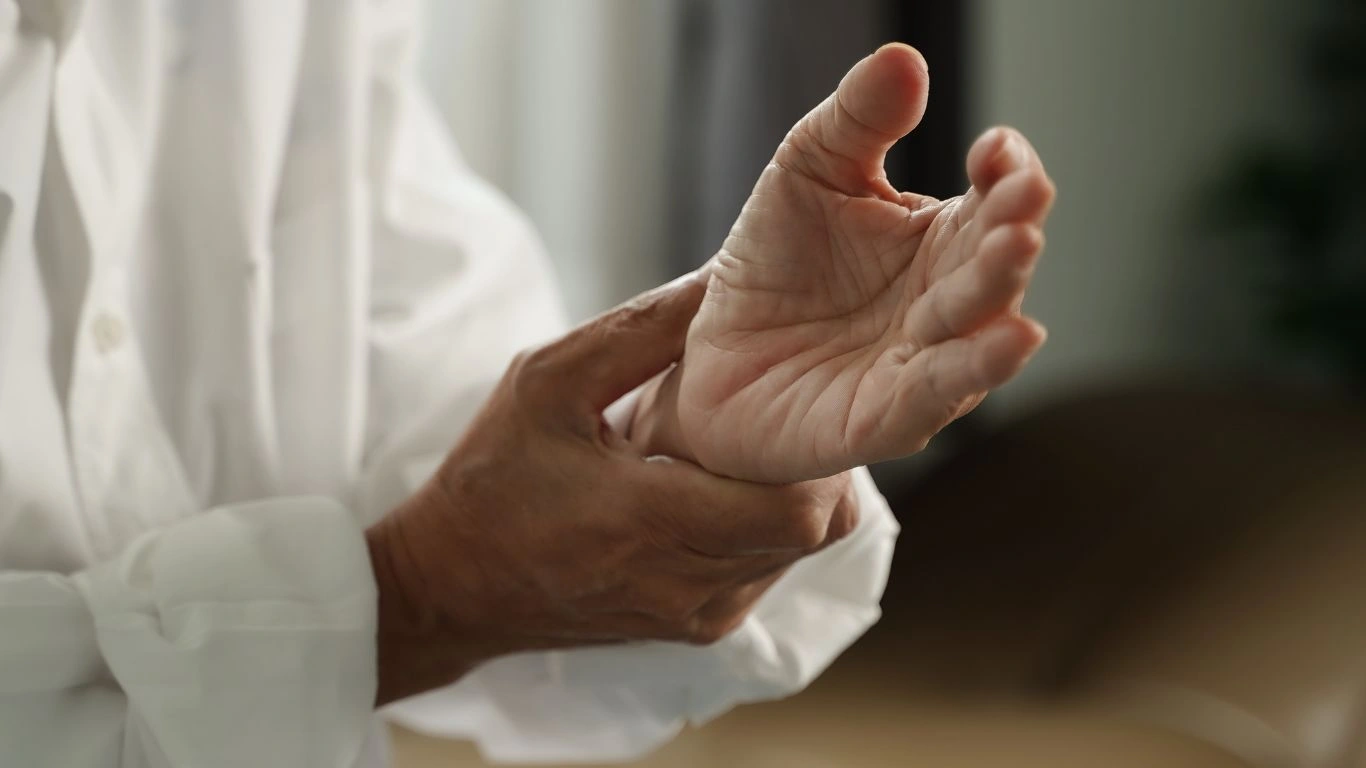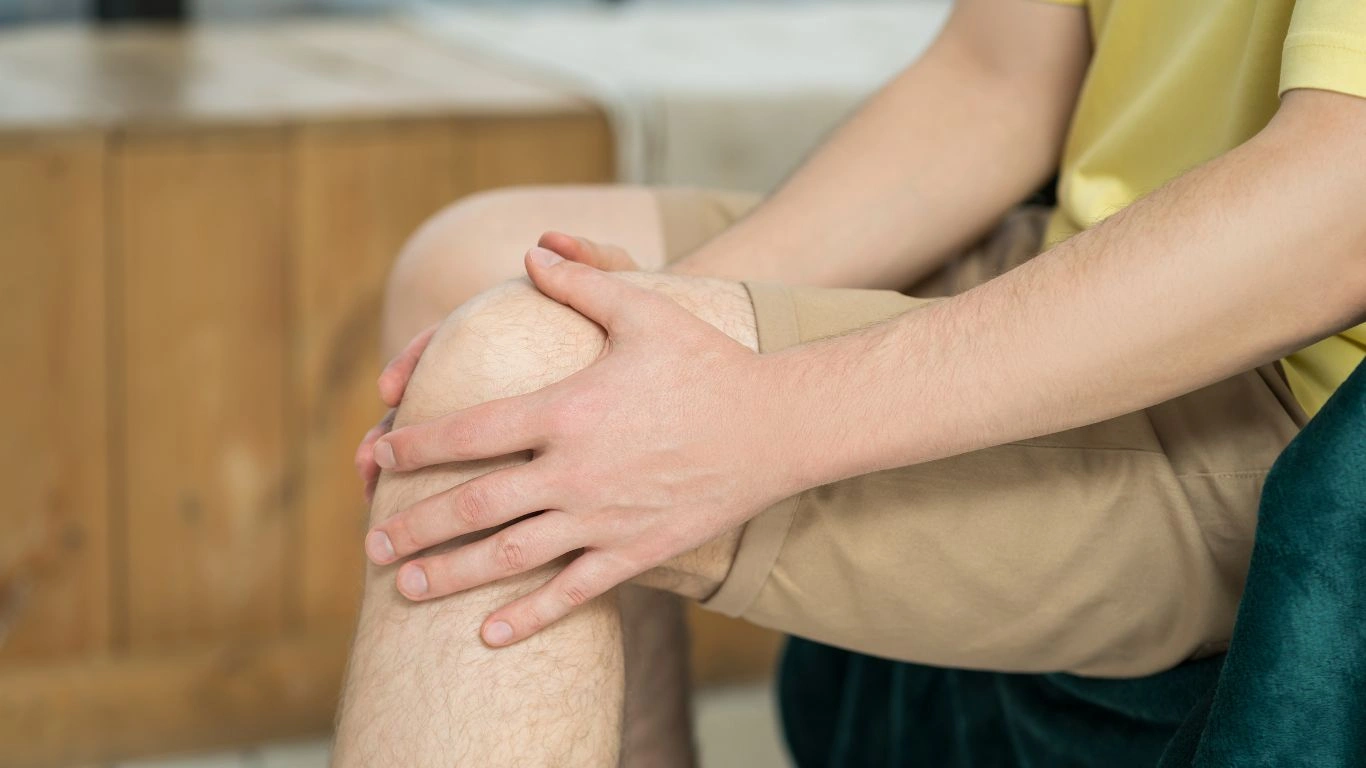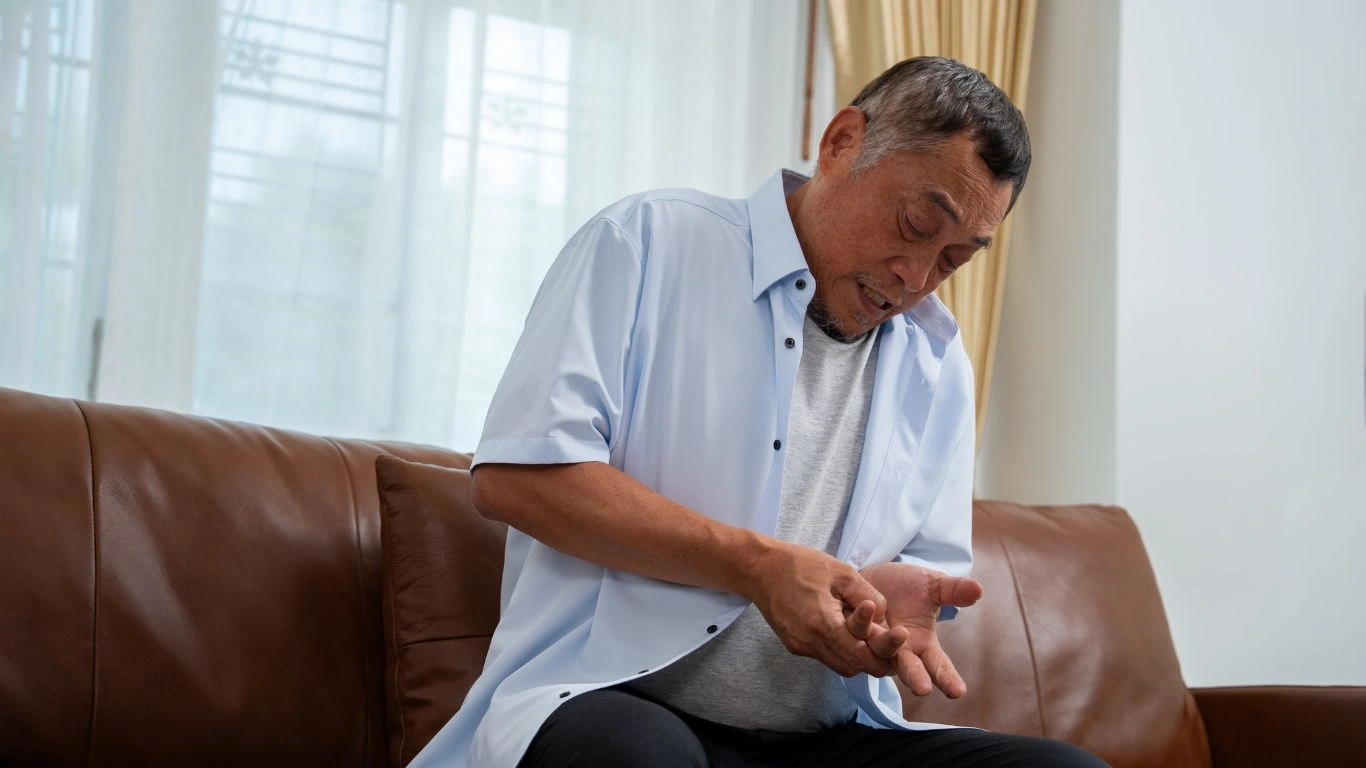How to Prevent Rheumatoid Arthritis Flare-Ups: Tips and Tricks to Manage Your Condition Like a Pro 💪
Rheumatoid arthritis (RA) is no joke. It can sneak up on you when you least expect it and leave you feeling like you’ve been hit by a truck. If you’re reading this, chances are you’ve either experienced a flare-up yourself or you know someone who has. It’s that sudden, painful swelling and stiffness in the joints that just doesn’t let up. But here’s the good news: there are plenty of ways you can prevent these flare-ups from taking over your life. Let’s talk about how to keep your RA in check and stay on top of things.
Understanding Rheumatoid Arthritis and Flare-Ups 🔍

Before we get into the nitty-gritty of preventing flare-ups, let’s take a moment to understand what we’re dealing with here. Rheumatoid arthritis is an autoimmune disease where your immune system attacks the lining of your joints. This can lead to pain, swelling, and sometimes permanent damage if not properly managed.
Flare-ups, on the other hand, are those episodes when your symptoms get worse. You might feel like you’ve been hit with a ton of bricks, and your joints may become red, swollen, and unbearably stiff. The good news is that while flare-ups are part of the condition, they don’t have to be a constant. There are strategies you can use to keep them at bay.
Key Strategies to Prevent RA Flare-Ups

1. Stick to Your Medications (Seriously!) 💊
I know, I know—taking meds can feel like a hassle. But if you have RA, your doctor has probably prescribed some meds to help manage your symptoms. Whether it’s disease-modifying antirheumatic drugs (DMARDs) or biologics, these meds are designed to slow the progression of the disease and help prevent flare-ups. Skipping doses or going off them without consulting your doctor can cause a setback, so stick to your regimen!
2. Know Your Triggers and Avoid Them 🚫
Every RA patient has different triggers that can bring on a flare-up. For some, it’s stress. For others, it could be certain foods, lack of sleep, or cold weather. Pay attention to what causes your symptoms to worsen and try to minimize exposure to these triggers. For example, I noticed that when I don’t get enough rest, my joints tend to flare up, so I make it a point to prioritize sleep—just a little thing that makes a huge difference!
3. Keep Active with Gentle Exercise 🏃♀️
It sounds counterintuitive, right? How can exercise help when your joints are sore and inflamed? But here’s the thing: regular, gentle exercise actually helps keep your joints flexible and your muscles strong, which in turn can reduce flare-ups. Things like swimming, walking, or yoga are perfect for people with RA. Trust me, I’ve found that a little movement every day makes my body feel a whole lot better in the long run.
4. Eat an Anti-Inflammatory Diet 🥗
The food you eat plays a huge role in how your body responds to RA. Eating anti-inflammatory foods, like omega-3-rich fish, nuts, fruits, and veggies, can help reduce the inflammation that causes flare-ups. I’m no expert, but I’ve noticed a real difference when I cut back on processed foods and upped my intake of healthy fats and antioxidants.
5. Manage Stress Effectively 😌
Stress is one of the worst culprits when it comes to triggering flare-ups. When you’re stressed, your body produces more inflammation, which can make your symptoms worse. Finding ways to relax—whether it’s through meditation, deep breathing exercises, or just taking time for yourself—can help keep your flare-ups under control.
Troubleshooting Common Issues with RA

Issue #1: Fatigue Despite Following the Routine 🛏️
Sometimes, even when you’re doing everything right—taking your meds, eating well, and exercising—you might still feel tired. This is pretty common with RA. The chronic inflammation can zap your energy, and you might feel like you’re constantly running on empty.
Solution: Take breaks when you need them, listen to your body, and prioritize quality sleep. If you’re feeling unusually fatigued, it’s worth talking to your doctor to rule out other potential issues.
Issue #2: Joint Pain That Won’t Let Up 😣
If you’re experiencing pain that’s hard to manage, it’s a sign that something might be off in your treatment plan. Joint pain is a major part of RA, but it doesn’t mean you have to live with it.
Solution: Talk to your doctor about adjusting your medications or adding additional therapies like physical therapy or acupuncture. Sometimes, it’s a matter of finding the right combo of treatments.
Case Studies / Success Stories 🌟

Case Study 1: Sarah’s Journey to Managing RA
Sarah, a 38-year-old woman diagnosed with RA 5 years ago, was struggling with frequent flare-ups that affected her work and daily activities. After working closely with her doctor, she started focusing on a balanced diet, regular exercise, and stress management. Within six months, Sarah noticed a significant improvement in her energy levels and fewer flare-ups. “It wasn’t easy, but sticking to my routine has made all the difference,” Sarah says.
Case Study 2: John’s Success with Biologics
John had RA for nearly 10 years and was always battling flare-ups. After trying several medications with little success, he was prescribed biologics. Within a few weeks, his symptoms drastically improved, and he was able to enjoy a more active lifestyle again. “I finally feel like I have control over my condition,” John shares.
Key Takeaways / Summary 📝
– Stick to your prescribed treatment plan and keep up with your medications to prevent flare-ups.
– Identify your triggers and do your best to avoid them.
– Exercise regularly with low-impact activities like swimming or walking to keep your joints healthy.
– Eat an anti-inflammatory diet that supports joint health and reduces inflammation.
– Manage your stress through mindfulness, deep breathing, or hobbies that help you relax.
FAQs 🤔
Q: Can RA flare-ups be prevented completely?
A: While it’s impossible to eliminate the risk of flare-ups entirely, following the right management plan can significantly reduce their frequency and severity.
Q: How long do RA flare-ups last?
A: The duration of flare-ups can vary. Some people experience them for a few days, while others may last weeks. Early intervention with the right treatment can help shorten the length of flare-ups.
Q: Is exercise safe if I have RA?
A: Yes! Gentle exercises like swimming, walking, and yoga are great for people with RA. Just be sure to listen to your body and avoid overexerting yourself.
References 📚
Disclaimer ⚠️
The information provided in this post is for educational purposes only and is not intended to replace professional medical advice. Always consult with your healthcare provider before making any changes to your treatment or lifestyle.
Call to Action 🚀
Ready to take control of your RA and prevent flare-ups? Start by following these tips, and don’t forget to reach out to your healthcare provider for personalized advice. If you found this article helpful, share it with others who might benefit, and let’s all keep our joints moving!

Tarra Nugroho is a dedicated Nurse Practitioner with a strong foundation in family and preventive care. She brings both compassion and clinical expertise to her practice, focusing on patient-centered care and health education. As a contributor to Healthusias.com, Tarra translates medical knowledge into clear, empowering articles on topics like women’s health, chronic disease management, and lifestyle medicine. Her mission is simple: help people feel seen, heard, and informed—both in the clinic and through the content she creates. When she’s not caring for patients, Tarra enjoys weekend hikes, plant-based cooking, and curling up with a good health podcast.







